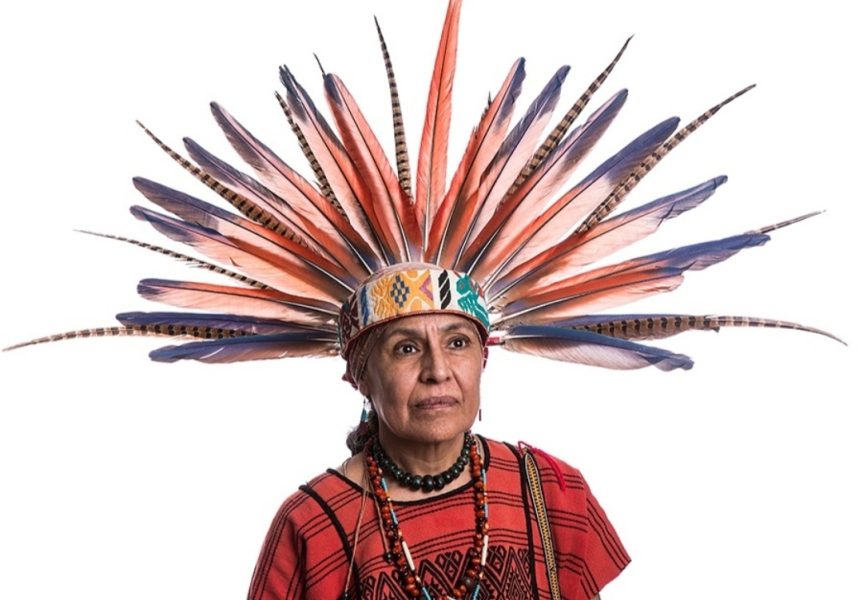
International Day of Indigenous People: Celebrating keepers of traditional knowledge

Every year on August 9, the world observes the ‘International Day of the World’s Indigenous People’ with an aim to protect and promote their fundamental rights.
As United Nations tweeted: “Today is the time to celebrate indigenous people everywhere and their contributions to our world.”
According to the UN, an estimated 476 million indigenous people live worldwide across 90 countries.
Indigenous people are nearly three times as likely to be living in extreme poverty compared to their non-indigenous counterparts.
A large percentage of them have no access to education and work in the informal economy as per UN Organization.
History
On August 9, 1982, the first meeting of the UN Working Group on Indigenous Populations was held. The day commemorates the first initiative taken to protect and promote their human rights.
The United Nations General Assembly, on 23 December 1994 decided to observe International Day of the World’s Indigenous Peoples annually on 9 August.
The day aims at ensuring a coherent approach to achieving the ends of the UN Declaration on the Rights of the Indigenous People.
Also Read: International Cat Day 2022: Its history, relevance and tradition
A new beginning
The year marks the beginning of a new decade for the indigenous community: the celebration of the Decade of Indigenous Languages 2022-2032.
As per the UN, around 7,000 languages used worldwide by indigenous people are at some level of endangerment. They also represent 5000 cultures that need to be preserved.
Theme of the year
The theme of the year is “The Role of Indigenous Women in the Preservation and Transmission of Traditional Knowledge”.
Indigenous women are the backbone of indigenous communities, and they play a crucial role in the preservation and transmission of (traditional) ancestral knowledge.
Events
This year, the Department of Economic and Social Affairs (DESA) will host a virtual session from 9 am to 11 am (EST) on Tuesday, 9 August 2022 to discuss the theme.
Indigenous people, member states and UN agencies will share their knowledge and experience on the transmission of traditional ancestral knowledge in fields such as climate change and protection of natural resources.

